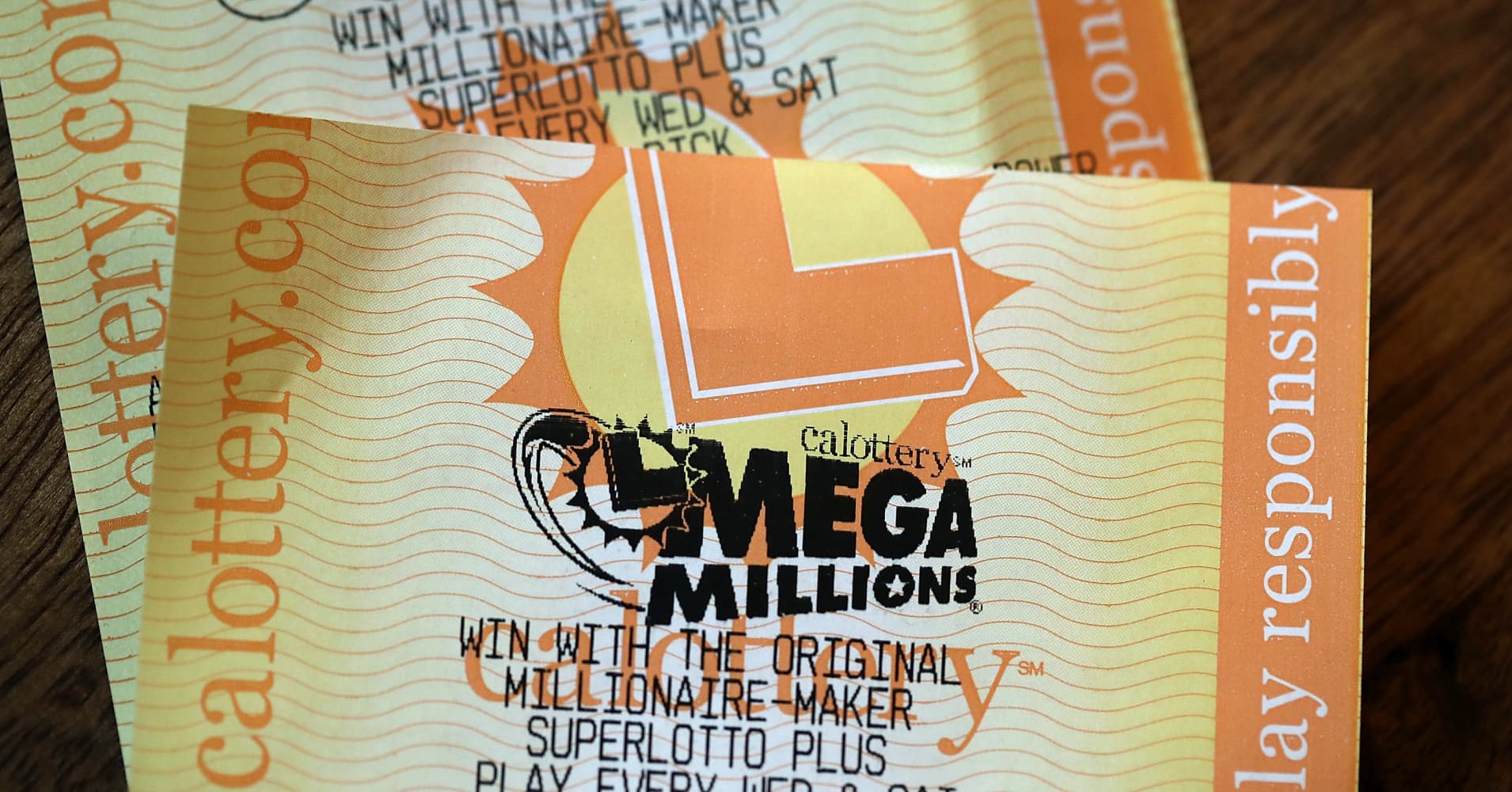
With no one hitting all winning numbers this week in the country's two biggest lottery games, almost $550 million in jackpot money is now up for grabs in this weekend's drawings.
The Mega Millions jackpot has grown to $336 million and Powerball's top prize now stands at $213 million.
If you manage to snag the jackpot in either of the next drawings — Friday night for Mega Millions and Saturday night for Powerball — the first thing to do is consider the magnitude of your win. When you come into a life-changing amount of money, there's more involved than suddenly having a big bank account and deciding what to buy.
"It can be both a blessing and a curse," said certified financial planner Jim Shagawat, president of Windfall Wealth Advisors in Paramus, New Jersey. "If you win, take a deep breath and don't make any major moves right away."
To handle your sudden wealth strategically, here are some mistakes to avoid right out of the gate.
You might feel the urge to share your exciting news with the world. However, the fewer people who know, the better.
"Obviously it may be impossible to keep it from immediate family, but news like this travels quickly," said Jason Kurland, a partner at Rivkin Radler, a law firm in Uniondale, New York.
Past winners have discovered the hard way that long-lost friends and relatives can come out of the woodwork looking for a piece of the prize. And it can happen even if you're able to claim your money anonymously.
"Try to keep the circle of people who know as small as possible," Kurland said.
The general advice is to sign the winning ticket and make several copies. The idea is that if you somehow are separated from the ticket, your signature should help ensure you get the prize.
However, if the state where you purchased the ticket allows you to protect your identity by claiming your winnings via a trust, your signature could interfere with that.
Some states allow you claim anonymously. Others make it impossible and still others let you claim via a trust or other entity to protect your identity from the public. Make sure you know the laws applying to your win.
Also make sure you keep the original ticket in a safe place, such as a safety deposit box at a bank or in a safe.
For both Powerball and Mega Millions, winners get anywhere from three or six months to one year to claim their prize, depending on where the winning ticket was purchased. In other words, there's no need to rush over to lottery headquarters the day you win.
"The time between the day you win the lottery and the day you claim is your last period of normalcy," Kurland said.
This is also when you should get busy assembling a team of professionals that ideally includes an attorney, accountant, insurance consultant and financial planner. An experienced attorney should be your first call.
More from Personal Finance:
Racial wealth inequality is worsened by student debt, study finds
Why investing in the next big start-up could be a disaster for your finances
Public pensions are paying higher fees for lower returns, Pew study finds
"Make sure you're comfortable around each team member, and make sure they have the proper accreditation for their field," Shagawat said. "You need a team around you to guard against being taken advantage of."
Someone on the team will need to serve as your gatekeeper. That is, they can field requests from moochers or scammers or even friends and family members who want a piece of your windfall.
Jackpot winners face a variety of decisions that are best made with input from professionals. A big one is whether to take the winnings as a lump sum or spread out over several decades.
For the $336 million Mega Millions jackpot, the lump sum option is $195 million. For the $213 million Powerball jackpot, it's $124.6 million.
Remember, too, that either option comes with an immediate federal tax hit of 25 percent. That withholding would reduce Mega Millions' cash option by about $49 million to $146 million, and Powerball's by $31.1 million to $93.5 million. You also should anticipate owing more to Uncle Sam at tax time.
On top of the IRS withholding, you'll pay state taxes on the money unless you live where lottery wins are untaxed. For states that do take a piece, the rate ranges from a high of 8.82 percent in New York to a low of 2.9 percent in North Dakota, according to lottery site USAMega.com.
No comments:
Post a Comment